"The shadow is a moral problem that challenges the whole ego-personality, for no one can become conscious of the shadow without considerable moral effort. To become conscious of it involves recognizing the dark aspects of the personality as present and real." — Carl Jung
The shadow, as introduced by Carl Jung, represents the parts of ourselves that we suppress, deny, or avoid. Within the shadow lie archetypes—universal patterns that influence our behaviors, emotions, and relationships. When unacknowledged, these archetypes can control us, leading to self-sabotaging patterns and strained relationships.
Understanding these archetypes isn’t about judgment or condemnation; it’s about awareness. By identifying the shadow archetypes at play, we can begin the process of integration, reclaiming our power and transforming our lives.
1. The Victim
The Victim archetype thrives on powerlessness and martyrdom. It whispers, “Nothing is my fault; the world is against me.” While the Victim can arise from real trauma, it often keeps us stuck, preventing ownership of our actions and outcomes.
- How It Shows Up Today: Blaming others for personal struggles, avoiding accountability, or feeling trapped in life’s challenges.
2. The Saboteur
The Saboteur embodies self-sabotage, driven by fear of failure or success. It says, “Why bother trying? You’ll just mess it up.” This archetype often undermines progress by keeping us in familiar, safe patterns, even when they’re harmful.
- How It Shows Up Today: Procrastinating on important goals, undermining relationships, or making excuses to avoid change.
3. The Inner Critic
The Inner Critic thrives on perfectionism and self-judgment. It constantly whispers, “You’re not good enough.” While it can push us toward growth, it often leads to anxiety, low self-esteem, and fear of failure.
- How It Shows Up Today: Overworking to prove worth, avoiding risks, or struggling with vulnerability in relationships.
4. The Nice Guy
The Nice Guy seeks approval at all costs, avoiding conflict and suppressing true emotions. It whispers, “If I just keep everyone happy, they’ll love me.” This archetype often sacrifices authenticity, leading to resentment and burnout.
- How It Shows Up Today: Overcommitting to please others, avoiding tough conversations, or feeling unappreciated despite trying to do everything “right.”
5. The Rebel
The Rebel thrives on defiance and resistance, often rooted in a fear of conformity or a distrust of authority. It says, “Rules are made to be broken.” While this archetype can be empowering, it often sabotages opportunities and relationships.
- How It Shows Up Today: Rejecting helpful advice, resisting authority even when it’s beneficial, or intentionally breaking societal norms to prove a point.
6. The Addict
The Addict seeks escape through harmful habits or substances, driven by unacknowledged pain or unmet needs. It whispers, “This will help you forget.” This archetype often masks deeper fears or insecurities, offering temporary relief but long-term harm.
- How It Shows Up Today: Overindulgence in alcohol, food, video games, or other vices to avoid addressing underlying issues.
7. The Hero
The Hero overextends to save others, often neglecting their own needs in the process. It whispers, “If I don’t do it, no one will.” While the Hero archetype is noble, it can lead to burnout and a sense of martyrdom.
- How It Shows Up Today: Taking on too much responsibility, neglecting personal boundaries, or feeling resentful when efforts go unrecognized.
The Drama Triangle
These shadow archetypes often intertwine within the Drama Triangle, a concept from transactional analysis. In the triangle, we move between three roles:
- Victim: Feeling powerless and seeking rescue.
- Persecutor: Blaming or attacking others.
- Rescuer: Fixing others’ problems to feel needed.
We can bounce between these roles without even realizing it, perpetuating cycles of conflict and emotional turmoil. For example, you might feel like a Victim when your spouse spends too much money, lash out as the Persecutor, and later try to fix things as the Rescuer.
In relationships, this dynamic can become a trap, especially when paired with attachment styles that trigger our deepest fears and insecurities. We’ll dive deeper into how attachment styles and the Drama Triangle interact in a follow-up blog.
How Shadow Archetypes Affect Men Today
For men, these archetypes can influence relationships, parenting, career choices, and self-worth. The Addict may keep you stuck in harmful habits that numb your pain. The Nice Guy may lead you to neglect your needs in favor of pleasing others. Recognizing these patterns is the first step toward transformation.
By exploring and integrating your shadow archetypes, you can:
- Gain clarity on self-sabotaging behaviors.
- Build healthier, more authentic relationships.
- Reclaim power over your emotions and actions.
Discussion Questions
- Which shadow archetype resonates with you most, and how does it show up in your life?
- How can understanding your shadow archetype help you work toward integration?
Homework Assignment
Choose one exercise to deepen your understanding:
- Shadow Archetype Reflection: Identify which archetype resonates most and journal about how it shows up in your life.
- Drama Triangle Analysis: Reflect on a recent conflict and identify how you moved between the Victim, Persecutor, and Rescuer roles.
- Pattern Tracker: Spend a week noting moments when you feel controlled by a shadow archetype. Reflect on what triggered these moments.
- Integration Letter: Write a letter to your shadow archetype, acknowledging its influence and committing to understanding it rather than fighting it.
Shadow work isn’t about erasing these parts of ourselves—it’s about acknowledging them, learning from them, and finding balance. By understanding these archetypes, we move closer to becoming the men, fathers, and leaders we’re meant to be. Let’s lean in and do the work.
Free Online Men's Group
Are you ready to face your shadow? Start the journey with us and begin becoming the father you were meant to be. Join the Free Legacy Father online community, a tribe of men leveling up as fathers.

